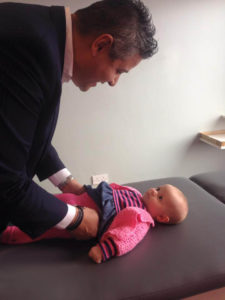If you didn’t know it already eggs are very nutritional and you should be trying to add them to your meals a few times a week. One little egg is packed with vitamin B2, vitamin B12, vitamin A and vitamin E.
Contrary to belief, most of the nutrition in eggs comes from the yolk of the egg. One large egg yolk contains vitamin D, vitamin A, choline, folate, phosphorous, potassium, calcium and more.
Here are just a few benefits of including more eggs in your diet:
1. Eggs are a source of choline, an essential nutrient for pregnant women. Choline aids brain development and helps prevent birth defects. It also ensures that neurotransmitters in the human brain are in healthy working order.
2. Eggs are also a great source of protein which is a very important part of a growing child’s diet. Protein helps build, maintain and repair body tissue. Protein is also essential for adults, three eggs (approximately 240 calories/19.5grams of protein) provides almost half of the recommended 50grams of protein a day that an average woman requires.
3. Having eggs for breakfast keeps you feeling fuller for longer and reduces your calorie intake for day. By eating eggs for breakfast you are less likely to crave a mid morning snack or over eat at lunchtime which in turn boosts weight loss.
4. Eggs contain essential minerals that the human body craves including iron, zinc and phosphorous. A lack of iron can leave you feeling run down, cranky or tired, zinc is important for keeping your immune system functioning and turning food into energy and phosphorous is vital for healthy bones and teeth.
However, egg yolks also contain cholesterol and fat. An average egg yolk with 4.5g of fat is made up of 1.6g of saturated fat, 2.0g monounsaturated and 0.7g polyunsaturated. And while an average egg yolk might also contain 210mg/70% of the daily recommended cholesterol, it is still possible to fit eggs into a healthy diet.
So what will it be today, Eggs Benedict or Eggs Florentine?












